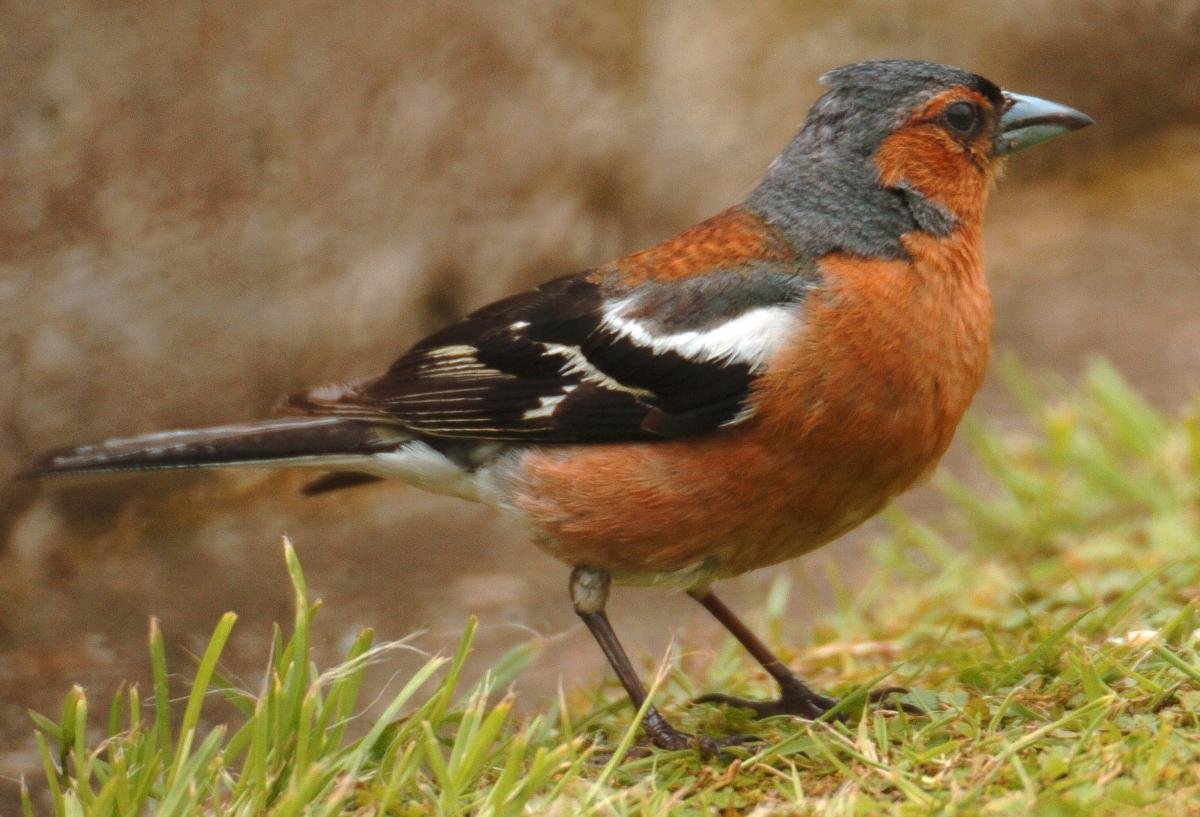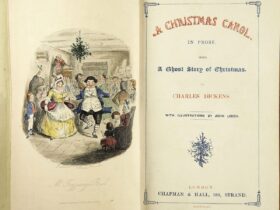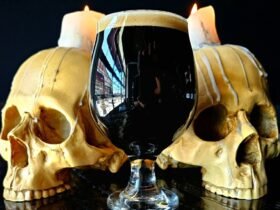I feed the birds. How could you not? Those feathered scraps of otherness are out there day and night in winter, threatened every hour with hypothermia. The least you can do is toss them some scraps.
When spring arrives you might think of closing the foodbank. But though the weather’s warmed it isn’t autumn with its seeds, and fruit, and fruitfulness. And spring for birds is frantic with activity. It’s reproduction central, the only time to mate and build and copulate and raise a brood, before the days begin to shorten once again and resurrect the threat of death. Right now they’ve young in tow, all gaping beaks and hunger.
So I keep feeding them. I halve an apple and spike the halves on nails outside the kitchen window. I crumble cheap biscuits. I tear bread. I lob left-over rice.
And as I step out on to the deck each morning to distribute this bounty, they know. They’ve learned my timetable, the rhythm of their benefactor’s day. I can hear and sense them gathering in the trees and bushes, tweeting, chirruping, rustling. All driven by desire, but held back by fear. Fear of me.
If I stand there a while I can sense the desperation swelling in those tiny heads and hearts. A few brave sparrows may gather at the far end of the deck. And every time a poem by Thomas Hardy comes to mind.
A wagtail, a common bird is Britain, is drinking at a ford. A baby is watching it. A giant bull wades through the ford. The wagtail stays where it is, quite unafraid. A stallion splashes through. Again the wagtail is untroubled. A hefty mongrel slinks past. Still no reaction from the bird.
A perfect gentleman then neared;
The wagtail, in a winking,
With terror rose and disappeared;
The baby fell a-thinking.
We may be slow and clumsy creatures who offer nothing much in the way of immediate threat to any bird, yet by some strange instinct they shrink from us, even when, uniquely among creatures on this planet, we freely give them food, asking nothing in exchange but the opportunity to watch them eat.
We feed them because we feel a kinship and a sympathy. They feel no kinship with us. We want to be their friends. They won’t have a bar of it. Why this should be so, is one for the moralists and theorists. Me, I just observe. And I observed it this morning in a chaffinch.
(I have known chaffinches all my life and yet it is only now, as I write this, that at the age of 67 I have understood its name. It is the finch of chaff, the bird that hops about the threshing floor for scraps of grain.)
I shot a chaffinch once. It is the only living thing I’ve ever shot. My elder brother took me pigeon shooting one frozen winter morning when I was about 14. We saw and shot no pigeons. At the end of the morning I aimed my feeble shot gun at a chaffinch on a distant branch. It fell to ground, tumbling, suddenly unaerodynamic. I fetched its pretty corpse, stroked its feathers and felt both thrilled and guilty.
This morning’s chaffinch was a male in breeding colours, brick-red and powder-blue, a handsome bird. It perched on the far rail of the deck, perhaps 5m from me. Moving as little as I could, I crumbled a biscuit and tossed the crumbs towards the bird. It eyed me. It eyed them. I stood as still as stone. The chaffinch fluttered down towards the crumbs but dared not quite come close enough to reach them. It hopped towards then hopped away again, desire pushing it on, fear pulling it back.
And then it made a bid for one of the larger crumbs: it fluttered into the air and flew a metre or so and opened its beak to seize the crumb, but at exactly the same moment the fear grew too great and its wings flapped it away once again and thwarted it. It tried three more times to seize the crumb, but each time it was just an inch too far for its quantum of courage.
To end the torture I withdrew. By the time I’d slid the glass door shut the deck was swamped with birds. Fear and desire. The baby fell a-thinking.
• Joe Bennett is a Lyttelton writer.













Leave a Reply